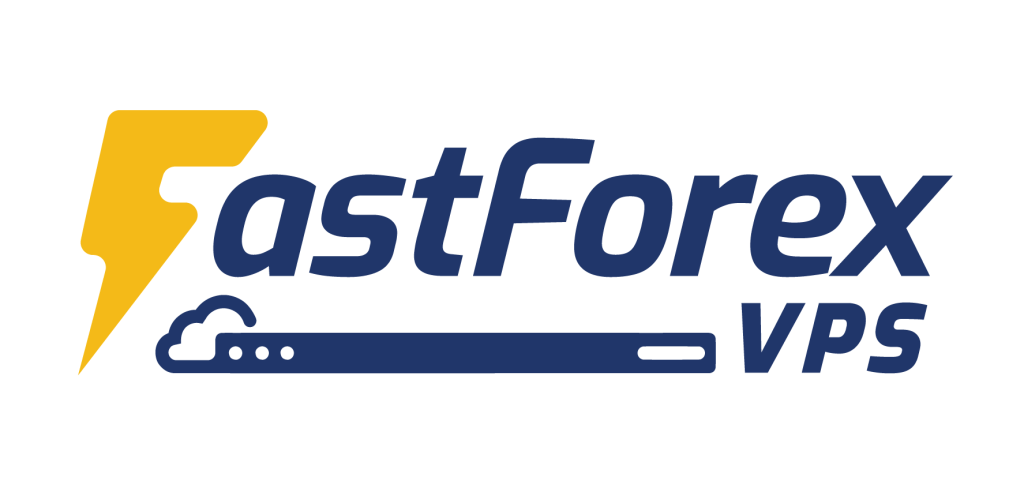Businesses are increasingly dependent on advanced technology in our fast-moving, digital-centric environment. Today, most companies have adopted NVMe (Non-Volatile Memory Express) since it is the best data storage storage solution, especially for solid-state drives (SSDs). With everything from critical business documents to personal photos, music, and video collections being digitized, the need for reliable storage solutions is more critical than ever. When selecting the ideal storage solution for your business, the choices often boil down to NVMe, SSD, and HDD. We’ll delve into these storage options to help you determine the best fit for your business needs.
NVMe (Non-Volatile Memory Express)
NVMe, or Non-Volatile Memory Express, is an advanced storage technology transforming how data is stored and accessed. Unlike older storage solutions that use spinning disks or SATA interfaces, NVMe utilizes flash memory and a specialized interface designed for rapid data transfer.
Advantages of NVMe
– Exceptional Speed: NVMe drives deliver remarkably high read and write speeds, enhancing the performance of your computer. This is particularly advantageous for gaming, video editing, and other data-heavy activities.
– Lower Latency: With their extremely low latency, NVMe drives are perfect for quick data retrieval applications, such as launching operating systems or opening large files.
– High Reliability: Built without moving parts, NVMe drives minimize the risk of mechanical failures, making them more durable and reliable than traditional hard disk drives (HDDs).
– Compact Design: NVMe drives typically have a smaller, lighter design than traditional HDDs, making them well-suited for use in laptops and ultrabooks.
Drawbacks of NVMe
Cost: NVMe drives are generally more expensive than HDDs and traditional SSDs on a per gigabyte basis. This higher cost can be a significant barrier for those needing substantial storage.
Capacity Limitations: While offering fast performance, high-capacity NVMe drives come at a steep price, making them less practical for users who require extensive storage space.
Optimal Applications for NVMe:
NVMe drives are ideal for users needing fast, responsive storage for gaming, video editing, and other high-demand applications. They offer an outstanding solution for individuals who value performance more highly than storage capacity.
Solid State Drives (SSD)
Solid State Drives, or SSDs, while not as new as NVMe drives, still provide significant advantages over traditional HDDs. Using NAND flash memory to store data, SSDs enable quicker access times and heightened reliability. Here are the key aspects you should know about SSDs:
Advantages of SSD
1. Improved Speed: SSDs operate much faster than HDDs, offering rapid boot times and application loading. Although they aren’t as swift as NVMe drives, SSDs significantly enhance system responsiveness.
2. Reliability: SSDs have a lower risk of mechanical failure without the moving parts typical of HDDs, making them more durable and dependable.
3. Energy Efficiency: SSDs consume less power and produce less heat than HDDs, which is especially beneficial for laptops and other portable devices.
4. Versatile Storage Options: Available in various capacities, SSDs can cater to different needs, from small drives for operating systems to larger ones for extensive data storage.
Disadvantages of SSDs
– Cost: SSDs are pricier per gigabyte than HDDs, though they are generally less expensive than NVMe drives.
Best Use Cases for SSDs
– SSDs are ideal for those seeking a good mix of speed, reliability, and affordability. They are well-suited for everyday computing and specialized tasks like photo and video editing.
HDD (Hard Disk Drive)
Hard Disk Drives, or HDDs, have been a mainstay in data storage for decades and continue to be a favored choice for many. These drives function by storing data on spinning disks and come in various sizes and speed capacities. Here are critical points about HDDs:
Advantages of HDD
– Cost-Effective: HDDs provide the most storage capacity for your dollar, making them a budget-friendly option.
– High Capacities: They have ample storage capacities, which is perfect for users who need to store large amounts of data.
Disadvantages of HDD
– Speed: HDDs operate slower than SSDs and NVMe drives due to their mechanical components involved in data retrieval.
– Risk of Mechanical Failure: The moving parts within HDDs make them more susceptible to mechanical failures, which can lead to data loss.
– Energy Consumption: HDDs use more power and heat than SSDs and NVMe drives, making them less energy-efficient.
Optimal Use Cases for HDDs
HDDs are best for users who need substantial storage capacity but do not prioritize rapid data access. They are excellent for archiving data, storing media files, and backing up large volumes of information.
Selecting the Right Storage Solution
Choosing between NVMe, SSD, and HDD depends on your specific needs and budget. Consider the following factors when deciding:
– Performance Requirements: For high-speed data access required in gaming, video editing, or other professional applications, NVMe drives offer the quickest performance. SSDs provide a good compromise between speed and affordability. HDDs are ideal for those who need ample storage without the necessity for quick data access.
– Budget: Your budget is crucial in determining which storage option to choose—NVMe drives, while fastest, are also the most expensive. SSDs represent a middle ground regarding cost, and HDDs are the most economical choice.
– Portability: If you require storage for a portable device like a laptop, consider the compactness and lightness of the drive. NVMe and SSDs are smaller and lighter, making them better suited for mobility.
– Reliability: Data reliability should also be a consideration. If data loss is a significant concern, investing in a more reliable storage option such as an NVMe or SSD might be advisable.
– Future-Proofing: Anticipate future needs as software and media content demands evolve. Opting for a quicker storage solution now might be more beneficial as future applications become more resource-intensive.
By carefully evaluating these factors, you can choose a storage solution that best fits your requirements, ensuring both efficiency and cost-effectiveness.
Speed Up Your Trades: Explore NVMe, SSD, or HDD with Our Fast Forex VPS!
Subscribe now for as low as $6.99/month!
